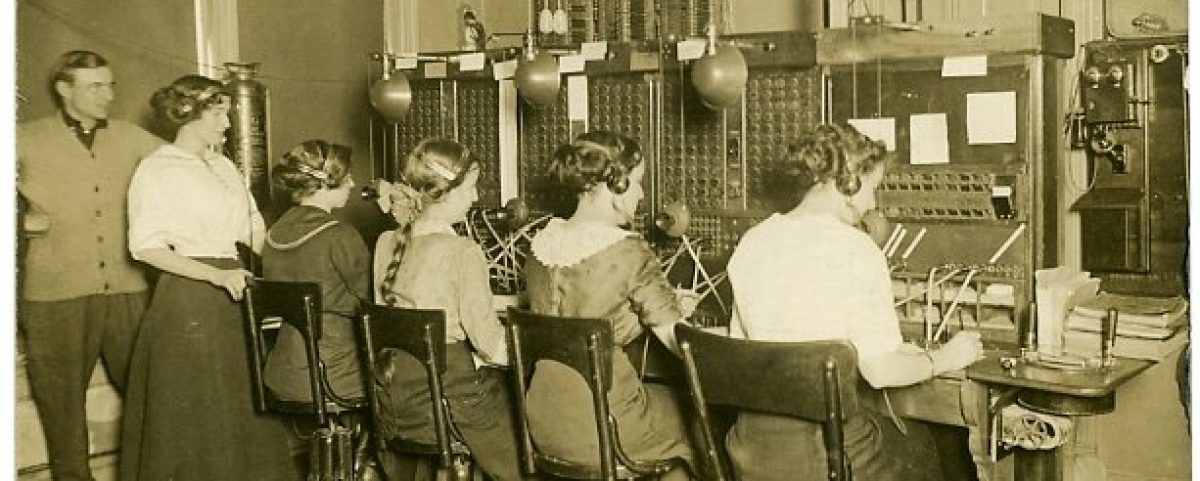
A mere 17-miles over the Mason Dixon Line there is the quiet Pennsylvania borough of Christiana with about 1,100 residents. In the 21st century it is an idyllic, tranquil community on the northeastern edge of fine Lancaster County farm country. However this modern scene differs sharply with the disturbing violence that took place there a decade before the Civil War tore the country apart.
The town is off Route 41 and I have passed it many times, but never bothered to get off the highway. However on a fine early autumn day it was time to spend some time in Christiana doing fieldwork to enhance classroom lectures on the 1850 Fugitive Slave Act.
The controversial Congressional Act strengthened the position of slave owners seeking to capture runaways, making it a duty of local authorities to arrest anyone suspected of being a runaway. Areas along the Mason Dixon Line saw increased activity and in 1851 a Maryland slave owner, Edward Gorsuch, arrived at a home seeking to capture four fugitive slaves. Accompanied by a posse and a federal marshal the group surrounded the farmhouse of William Parker, an African-American, but news of the confrontation spread and dozens of local people showed up. When a skirmish broke out Gorsuch was killed and two other Marylanders were wounded.

In the aftermath of the Christiana Resistance, a detachment of marines were dispatched to this corner of Lancaster County, the town was put under martial law, and 141 people were arrested. The Federal Government charged about 41 of them with treason under the provisions of the Fugitive Slave Act. Southerners demand the hanging of those responsible, accusing them of making war on the United States. The defense team led by Thaddeus Stevens defended the first case and after the jury deliberated for fifteen minutes a verdict of not guilty was returned. By the end of 1851, all charges were dropped against 38 black men and 3 white men.
The incident did much to polarize the national debate over slavery as the Fugitive Slave Law of 1850 was tested for the first time. Today the Borough recalls this history in many ways and street banners for the municipality say “Christiana – Freedom began here.” There are also many resources to help anyone interested in this disturbing incident and the local library has a strong collection of materials. There is also the Christian Underground Railroad Center at Zercher’s Hotel, a building that played an important role in 1851.
Moore’s Memorial Library, Christiana, PA has a local history collection related to the Christiana Resistance
William Parker wrote about the incident in Atlantic Monthly in February 1866.
The Christiana Riot and the Treason Trail of 1851: An Historical Sketch; by William U. Hensel, 1911, digitized by Dickinson College Archives & Special Collections
Christiana Underground Railroad Center at Historic Zercher’s Hotel.
Christiana, PA.– From Lancaster County Tourism





